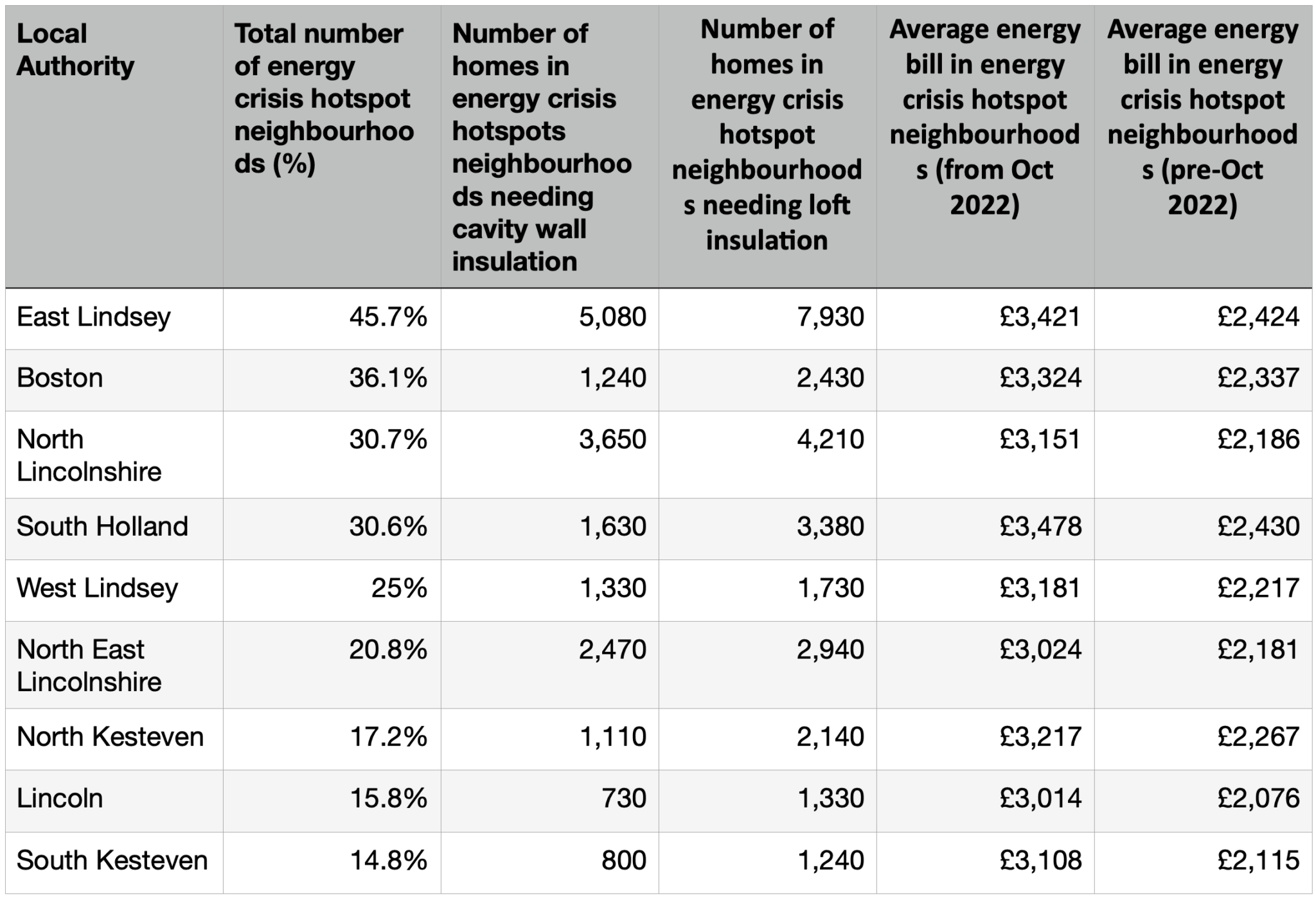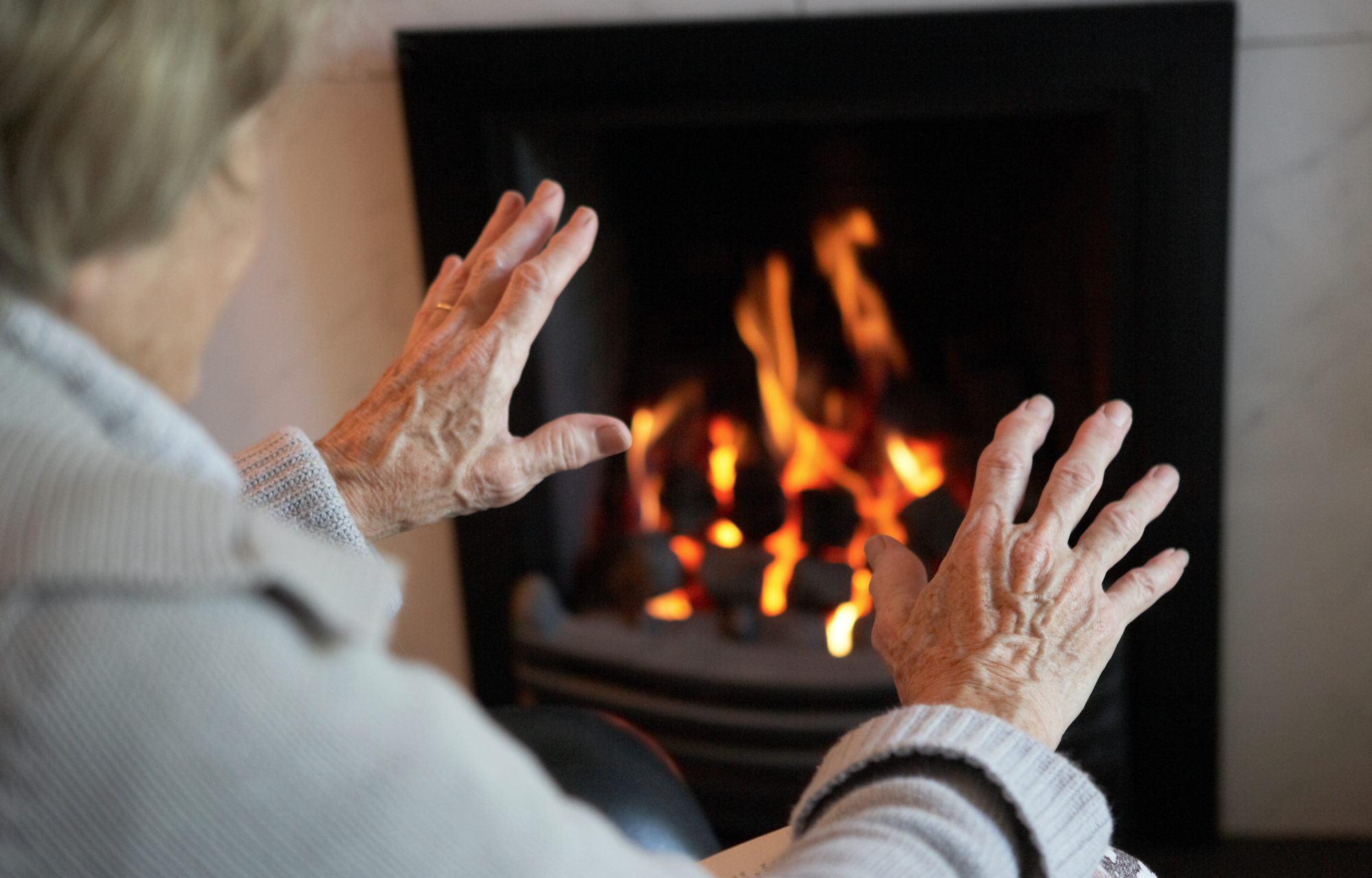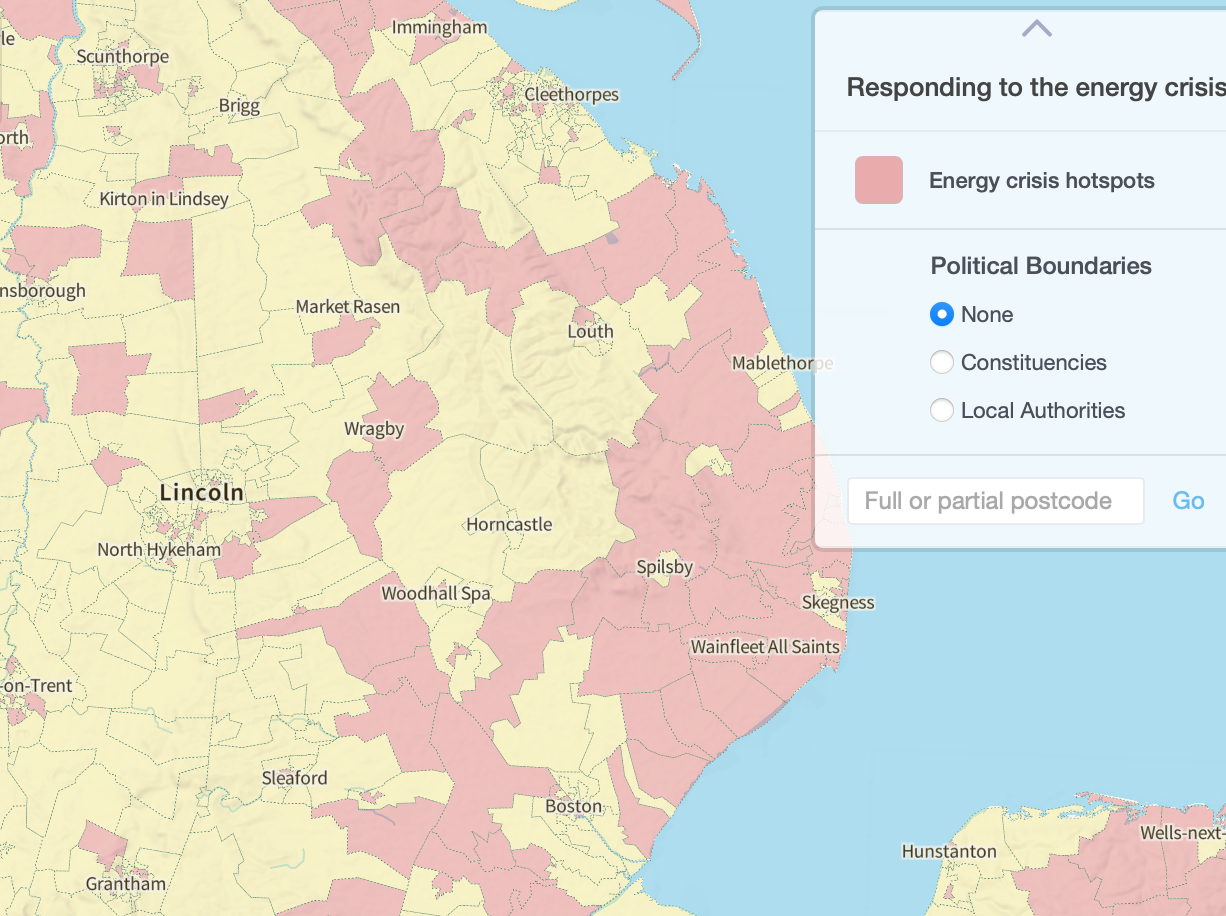New research has identified “energy crisis hotspots” across Lincolnshire, marking neighbourhoods most at risk of fuel poverty.
Data compiled by the Friends of the Earth charity predicts that East Lindsey, Boston and North Lincolnshire will be among the hardest hit in the UK, as bills continue to spiral.
Campaigners are urging the government to commit £15 billion to a council-led programme of free housing insulation, funded by tougher windfall tax.
The environmental group has named almost 9,000 areas as hotspots across England and Wales where communities are at risk of serious financial hardship as a result of unaffordable energy costs.
Energy crisis hotspots are neighbourhoods where energy use us high and typical household income is below the national average.
The charity looked at the number of homes in each area that are in need of cavity wall insulation, as well as predicted average energy costs from October.
The picture across Lincolnshire is below:

East Lindsey, Boston and North Lincolnshire have the highest percentage of energy crisis hotspots in the county | Data: Friends of the Earth
In many cases, energy use is high in these neighbourhoods because homes are poorly insulated, meaning they require more energy to remain warm.
The latest analysis has found that these at-risk neighbourhoods are not only home to a higher proportion of children than other areas, but that people of colour are also twice as likely to live in them, highlighting the disparities that exist across local areas.
The average annual energy bill is currently more than 50% higher than it was six months ago.
The latest forecasts predict that annual energy costs will exceed £3,500 for the average household come October, rising to £4,200 by January.
Mike Childs, head of science, policy and research at Friends of the Earth, said: “There’s no downplaying how catastrophic this and following winters will be for millions of people if energy bills rise as high as they’re predicted to, unless the government meaningfully intervenes.
“Instead of woeful and poorly targeted cash handouts, or the promise of tax cuts that won’t help those who need it the most, the government must beef up its package of emergency financial support by channelling money to those least able to pay their energy bills.
“And while vital, this is only a short-term solution. The highest priority of all is fixing the UK’s leaky, inefficient housing stock, otherwise cash handouts will be required year on year. By rolling out a free programme of street-by-street energy efficiency measures, prioritising the most in-need neighbourhoods, we can help to bring bills down quickly, make homes warmer and slash Earth-warming emissions at the same time.”












































